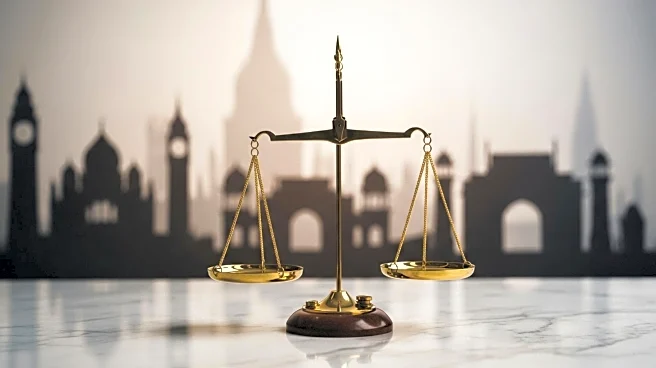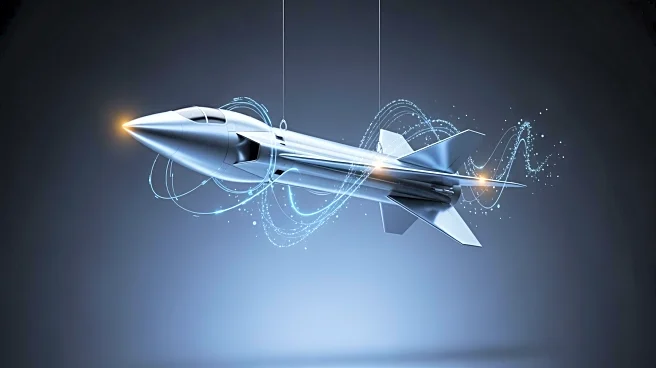What's Happening?
European Union negotiators are visiting Delhi to advance discussions on the India-EU Free Trade Agreement (FTA). The visit follows recent talks between Prime Minister Narendra Modi and EU leaders, including Ursula von der Leyen, President of the European Commission, and Antonio Costa, President of the European Council. The negotiations involve 26 to 27 chapters, with 11 chapters already concluded, covering areas such as intellectual property rights and digital trade. The EU delegation, led by European Commissioner for Trade Maros Sefcovic and Commissioner for Agriculture Christophe Hansen, aims to resolve complex issues, including the Carbon Border Adjustment Mechanism (CBAM) and agriculture-related trade barriers.
Why It's Important?
The India-EU FTA is significant as it could enhance trade relations between India and one of its largest trading partners, the EU. The agreement is expected to benefit India's booming service sector, particularly in digital trade. However, the negotiations face challenges, such as the EU's CBAM, which impacts Indian industries. The FTA could provide India with concessions similar to those offered to the US, potentially reducing trade barriers. Successful negotiations could lead to increased trade in goods and services, fostering economic growth and strengthening geopolitical ties amid global tariff tensions.
What's Next?
The EU negotiators will meet with Indian counterparts, including Commerce Minister Piyush Goyal and Agriculture Minister Shivraj Singh Chouhan, to push for a full-trade deal by the end of the year. The negotiations are expected to conclude before the India-EU leaders' summit early next year. Both sides aim to finalize the remaining chapters, focusing on contentious issues like agriculture and CBAM. The outcome of these talks could influence India's trade strategy with other countries, including the US, and impact global trade dynamics.








